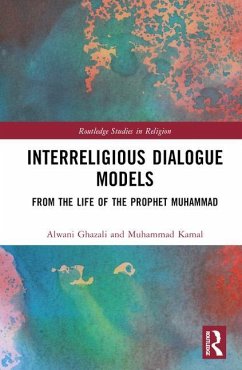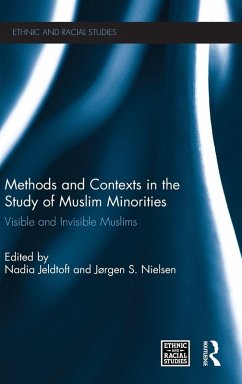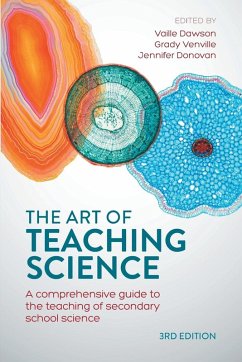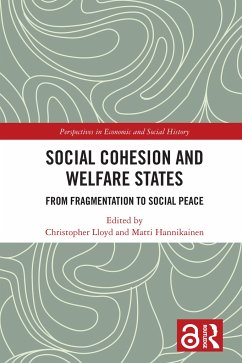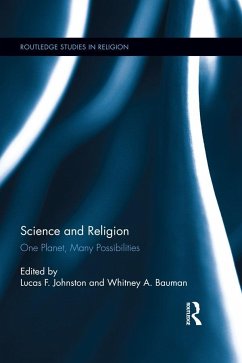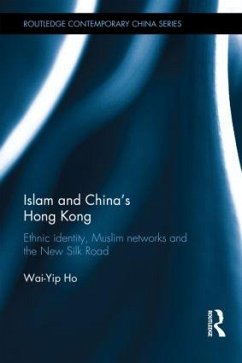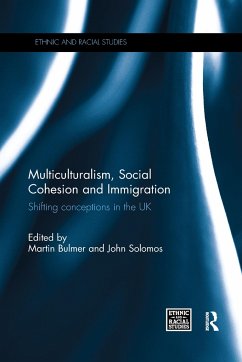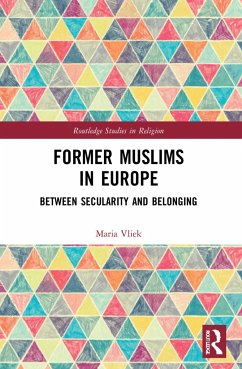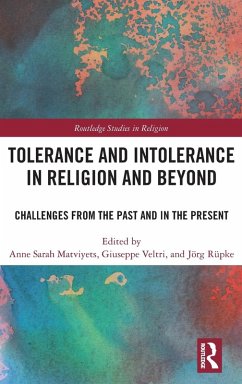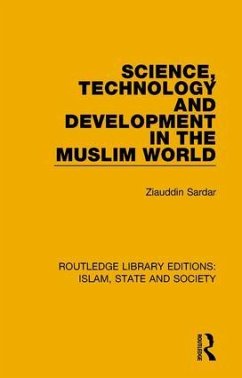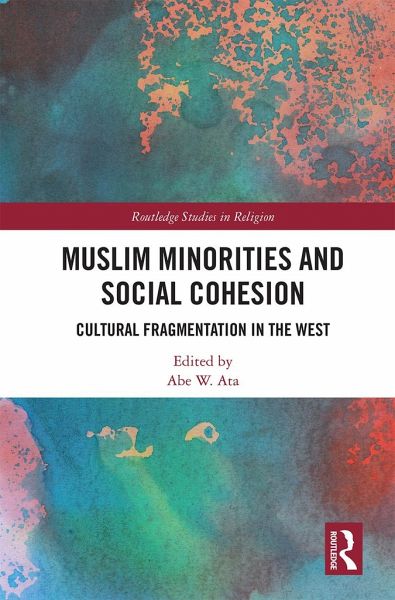
Muslim Minorities and Social Cohesion
Cultural Fragmentation in the West
Herausgegeben: Ata, Abe
Versandkostenfrei!
Versandfertig in 6-10 Tagen
46,99 €
inkl. MwSt.

PAYBACK Punkte
23 °P sammeln!
This book examines various attempts in the 'West' to manage cultural, linguistic, and religious diversity - focusing on Muslim minorities in predominantly non-Muslim societies.An international panel of contributors chart evolving national identities and social values, assessing the way that both contemporary 'Western' societies and contemporary Muslim minorities view themselves and respond to the challenges of diversity. Drawing on themes and priority subjects from Islamic Culture within Euro-Asian, Australian, and American international research, they address multiple critical issues and disc...
This book examines various attempts in the 'West' to manage cultural, linguistic, and religious diversity - focusing on Muslim minorities in predominantly non-Muslim societies.
An international panel of contributors chart evolving national identities and social values, assessing the way that both contemporary 'Western' societies and contemporary Muslim minorities view themselves and respond to the challenges of diversity. Drawing on themes and priority subjects from Islamic Culture within Euro-Asian, Australian, and American international research, they address multiple critical issues and discuss their implications for existing and future policy and practice in this area. These include subjects such as gender, the media, citizenship, and multiculturalism.
The insight provided by this wide-ranging book will be of great use to scholars of Religious Studies, Interreligious Dialogue and Islamic Studies, as well as Politics, Culture, and Migration.
An international panel of contributors chart evolving national identities and social values, assessing the way that both contemporary 'Western' societies and contemporary Muslim minorities view themselves and respond to the challenges of diversity. Drawing on themes and priority subjects from Islamic Culture within Euro-Asian, Australian, and American international research, they address multiple critical issues and discuss their implications for existing and future policy and practice in this area. These include subjects such as gender, the media, citizenship, and multiculturalism.
The insight provided by this wide-ranging book will be of great use to scholars of Religious Studies, Interreligious Dialogue and Islamic Studies, as well as Politics, Culture, and Migration.





